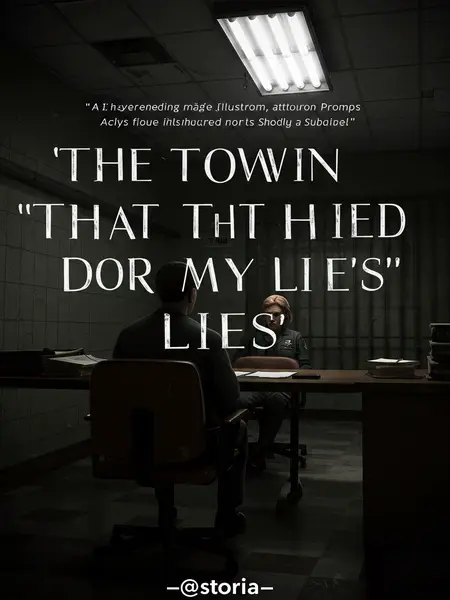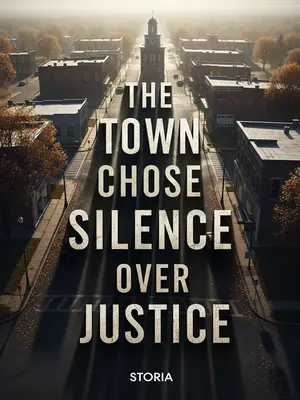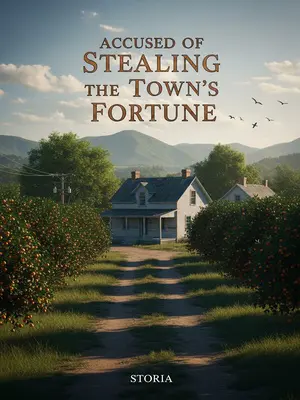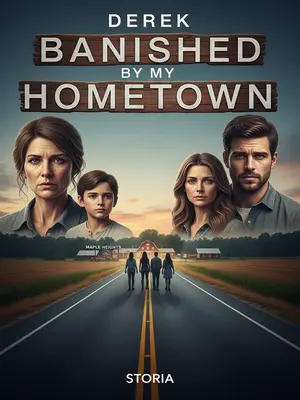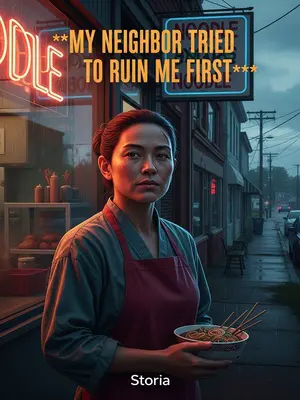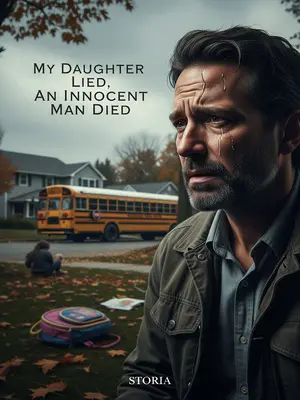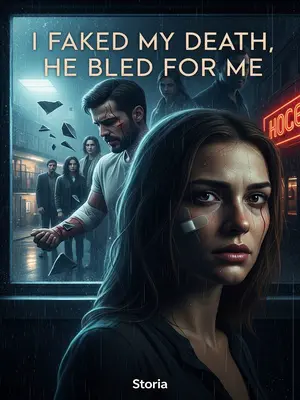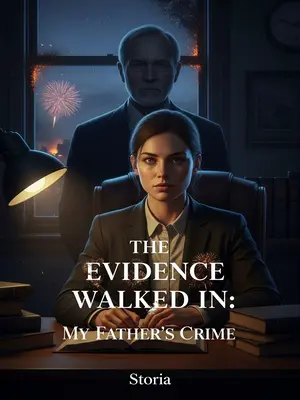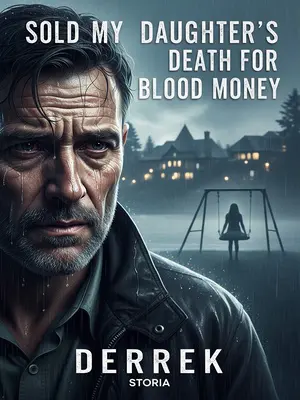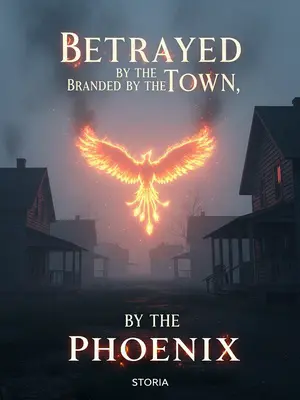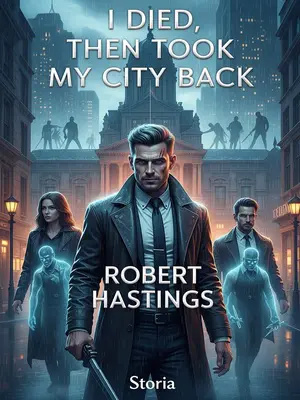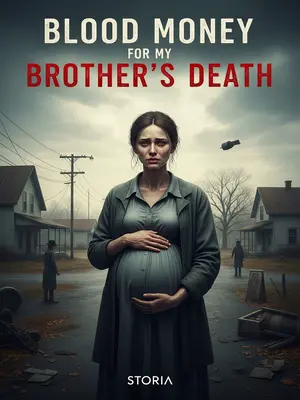Chapter 1: Burden of Hope
I’m the only college student to come out of a tiny, dirt-poor town in over a hundred years. Sometimes I wonder if the cornfields remember me, or if the wind just carries my name out past the grain silos and lets it die.
In a place where the nearest Walmart is a forty-minute drive and the local diner still serves pie on paper plates, it meant something. The coffee tastes like burnt hope, and the waitress calls everyone ‘honey’ no matter how old you are. The old-timers at the gas station would nod at me like I was a miracle, the local paper ran my picture, and my mom taped the clipping to our fridge with pride. It was all so much heavier than I could have imagined when I first set out on this path.
My parents got cancer. To save up for my tuition, they never once went to the hospital.
There’s a certain stubbornness in rural Ohio—a pride that runs deep as the frost line. My folks sold off everything worth anything, let the roof go another year, and kept saying they’d be fine. My mom covered her cough with a dish towel and my dad mowed lawns for pennies, both of them hollowing out so I could have a shot. Every dollar they saved felt like a stone in my backpack, heavier with every step toward college.
My little brother was beaten so badly he couldn’t get out of bed for three days—just because he touched the piggy bank my mom had scraped together for me.
It happened when I was at work slinging fries at the truck stop. I came home to find Zach curled up on the threadbare sofa, swollen eyes fixed on the cracked ceiling. The neighbors had made it clear: that money was sacred, and nobody—especially a little kid—could jeopardize my future. He never cried out loud. He just stared, silent and lost, while I held an ice pack to his jaw and tried not to cry myself.
To help me pay for school, every family in Maple Heights chipped in what little they had, emptying their cupboards for my sake.
Mason’s grandma brought over a casserole, though she barely had enough for her own dinner. The town librarian pressed a ten-dollar bill into my palm after church, whispering, “For your bus fare to the city, honey.” Folks pooled soup cans, quarters, whatever they could spare. No one went hungry that week, but everyone ate less. Their sacrifice clung to me like a second skin.
Everyone said I was the pride of Maple Heights—nobody else even came close.
It was more than just words. My name floated on the wind, passed between neighbors as proof there was still hope in this forgotten corner. They called me a role model. In every handshake, every squeeze of my shoulder, I felt the weight of the whole town’s expectations. For them, I was their ticket out—even if I never looked back.
Countless nights, I swore to myself I’d never forget what they’d done for me.
Lying in bed with the window cracked open to the sound of summer crickets, I stared at the dark ceiling and promised, over and over, that I’d make it matter. Their faces haunted me: tired smiles, rough hands, eyes burning with hope they’d never let themselves voice aloud.
So, the day I got my acceptance letter from Columbia University, I used all my savings to treat them to a "last supper"—like a final meal before execution, the kind you have before saying goodbye forever.
We crowded into the old rec center, folding tables draped with plastic tablecloths, and shared fried chicken, mashed potatoes, and my mom’s famous peach cobbler. Laughter mixed with stories about the old days, the air thick with both celebration and a heavy sense of ending. No one said the word goodbye, but we all tasted it in every bite.
I knelt by their side, pressing my forehead to the cold linoleum, whispering thank you over and over, praying somehow they could still hear me.
But in the quiet that followed, I felt every drop burn, guilt flooding in behind gratitude. I pressed my forehead to the cracked linoleum, whispering my thanks, wishing I could freeze time. My tears left salty stains as I said goodbye in a way I hoped would somehow make sense of it all.
